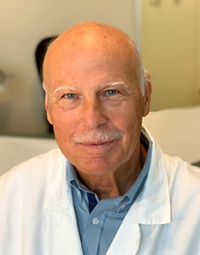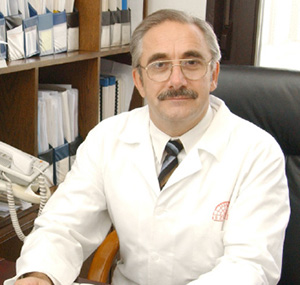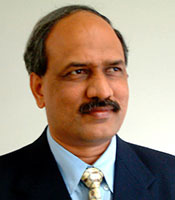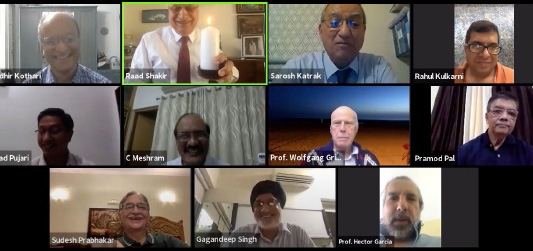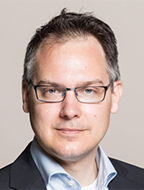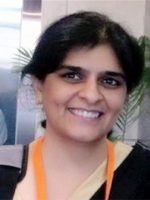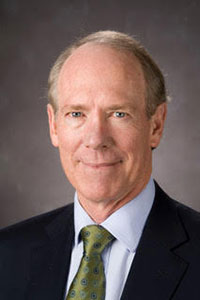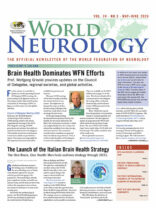By John D. England, MD
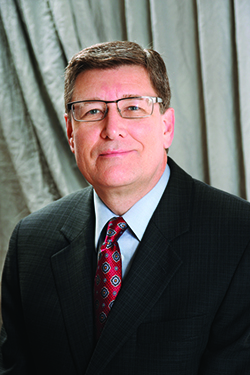
John D. England, MD
During the World Congress of Neurology in 2017 in Kyoto, Japan, Profs. Marco Medina, Chandrashekar Meshram, Raad Shakir, and I proposed to publish a special issue on tropical neurology in the Journal of the Neurological Sciences. The selection of topics and authors was coordinated with the Tropical and Geographical Specialty Group of the World Federation of Neurology (WFN). Because of the high incidence and prevalence of neglected tropical diseases (NTD) that affect the nervous system, this project was given high priority by the journal’s editorial board.
Almost half of the world’s population (approximately 3.3 billion) resides in the tropics. Taken together, NTDs affect close to 1 billion people each year. At present, these diseases affect the majority of Latin America, Asia, and Africa. Due to global climate change, these diseases are predicted to affect an ever-increasing number of people. We hope this special issue will bring greater attention to these important and highly prevalent diseases.
Because the special issue is an online product, articles are added as they are accepted for publication. Currently, nine articles covering the topics of CNS fungal infections, onchocerciasis, ebola, chikungunya, leprosy, tuberculosis, brucellosis, COVID-19, and environmental neurology are published; others covering neurocysticercosis, dengue, and zika will follow.
The articles in the special issue are available by accessing:
https://www.sciencedirect.com/journal/journal-of-the-neurological-sciences/special-issue/10NG1VC7F2Z •
John D. England, MD, is editor-in-chief of the Journal of the Neurological Sciences, the official journal of the WFN.
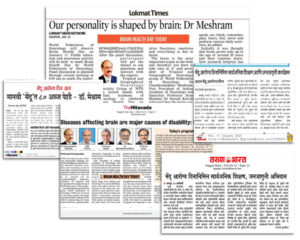
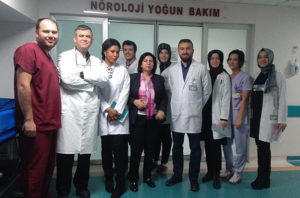
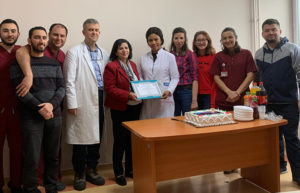
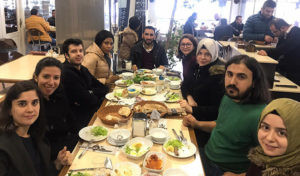
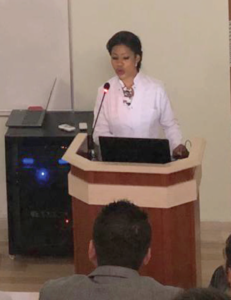
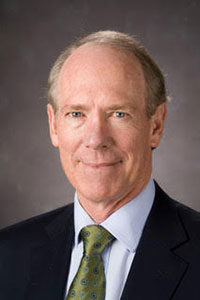
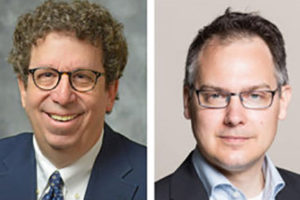
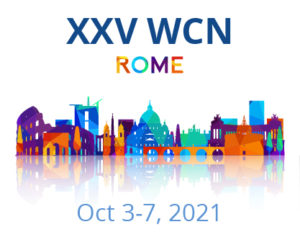 As the chair of the Congress Committee, I cordially invite you to join the 25th World Congress of Neurology (WCN) to be held Oct. 3-7, 2021, in Rome, Italy. Since the pandemic of COVID-19 will not completely fade out by then, we are most likely to have a hybrid-type congress, providing you the option of attending in person or virtually. The committee has decided that we will remain flexible until the end of March as to what extent the meeting can be held online.
As the chair of the Congress Committee, I cordially invite you to join the 25th World Congress of Neurology (WCN) to be held Oct. 3-7, 2021, in Rome, Italy. Since the pandemic of COVID-19 will not completely fade out by then, we are most likely to have a hybrid-type congress, providing you the option of attending in person or virtually. The committee has decided that we will remain flexible until the end of March as to what extent the meeting can be held online.